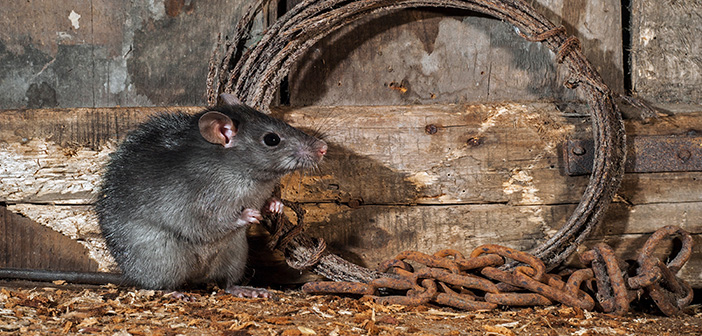Over three quarters of farmers in the UK are not aware if their farm is in an area of known rodenticide resistance, a survey by pest control solutions company, BASF, has revealed.
The research, which aimed to gain a greater understanding into the current rodent control measures and rodenticide usage on farms, has found that 88% of those surveyed were not sure if resistance to certain baits had been reported in their region.
When asked, one third of farmers were not aware that rodenticide resistance was even an issue to consider when selecting which bait to use on their land, despite over 90 % of farmers having used rodenticides on their farm in the past 12 months.
The insight suggests that in fact, farmers could be unknowingly contributing to the spread of ‘super rats’, which are not only resistant to baits containing first generation anticoagulants but also those containing the second-generation anticoagulants difenacoum and bromadiolone as the active.
Helen Hall, Key Account Manager at BASF, said: “The issue of rodenticide resistance is problematic for many farmers, who may be unknowingly contributing to the pest problems on their farms, with rats potentially going on to spread disease to workers and livestock, destroy equipment or property, contaminate feed, and ultimately cost farmers a lot of money.
“While these traditional difenacoum and bromadiolone baits should control non-resistant rodents, the growing populations of ‘super-rats’ will be unaffected by these traditional poisons and will continue to reproduce, thus breeding more rats with the mutated gene and creating an even wider issue of resistant rodents throughout the area.”
The findings come as BASF launches its new rodenticide, Selontra, into the rural market, which features the active ingredient cholecalciferol, used to break the cycle of resistance.


